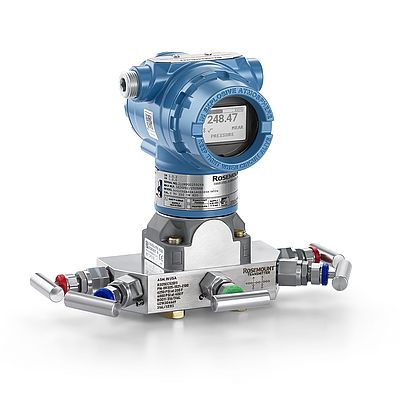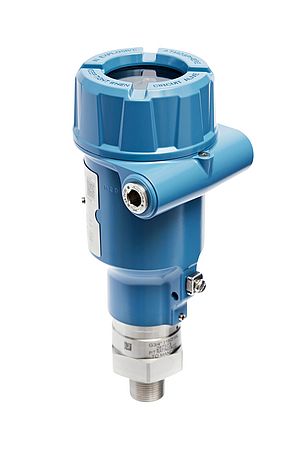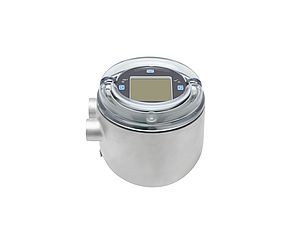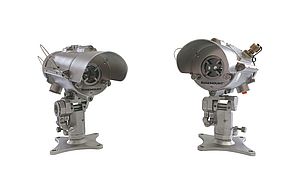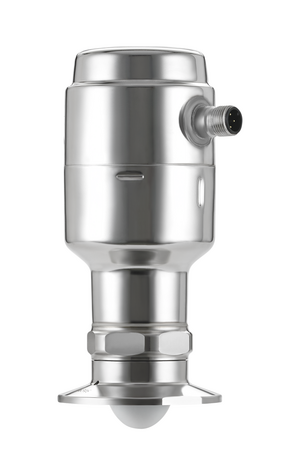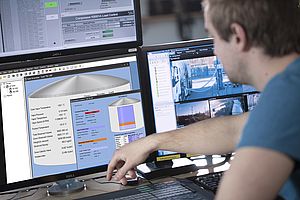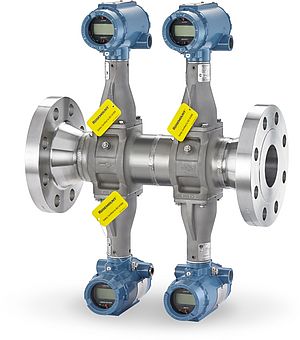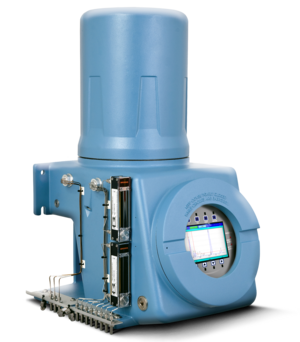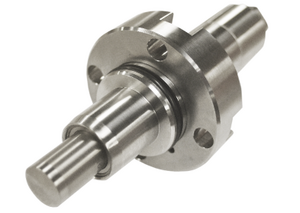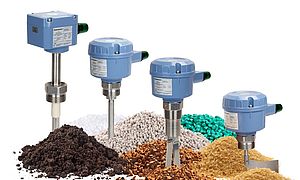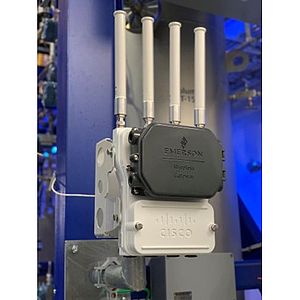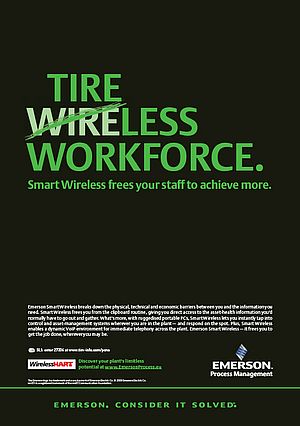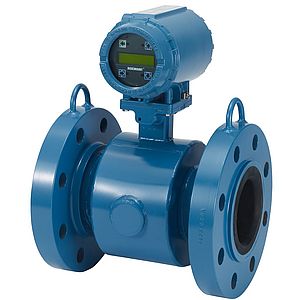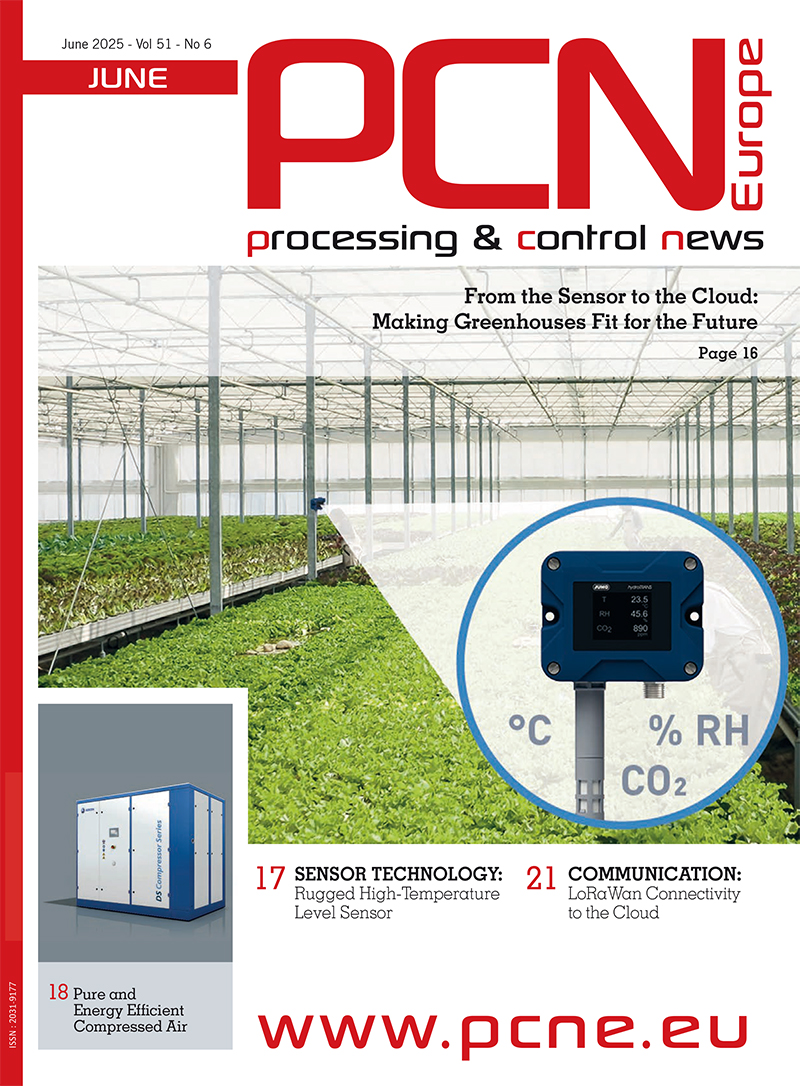Emerson introduces the enhanced Rosemount™ 3051 Pressure Transmitter that adds new capabilities to the device. Powerful new features make the Rosemount 3051 easier to use, provide more insights and add diagnostic capabilities – all of which allows commissioning, maintenance and troubleshooting tasks to be completed faster.
Bluetooth connectivity
The Rosemount 3051 Pressure Transmitter user interfaces have been redesigned to provide a simplified, task-based menu structure with common navigation across host and configuration tools for a faster, more intuitive user experience. The new, high-contrast, graphical and backlit display can operate in eight different languages, and its visual icons give better insight to transmitter status for a more intuitive experience. The new Bluetooth® connectivity simplifies configuration and service tasks without having to physically connect to a device, making maintenance safer by eliminating the need to climb ladders or tanks, get hot work permits or enter hazardous locations. With a few simple inputs and built-in password protection, users will have an encrypted data connection from the transmitter to the mobile device or configuration tool.
Additional transmitter upgrades include capabilities that have historically been limited to flow meters and level devices. Now operators can easily configure the device to measure flow rate as well as track total flow. Level measurements are simpler with a built-in configurator to set up level outputs. Volume measurements are also possible for common tank styles or even customised tanks that require a strapping table.
Logging diagnostic events
The Rosemount 3051 helps identify issues in electrical loops and impulse lines using built-in diagnostics. It can identify issues which could result in the control system receiving incorrect measurements, potentially leading to safety and quality compromising decisions. All diagnostic events are tracked in the built-in diagnostic log which allows users to always know the device status, even when not connected to the device. These capabilities help service technicians address potential problems faster by detecting them early, when they can still be corrected before they jeopardise people safety, operations and the environment.


